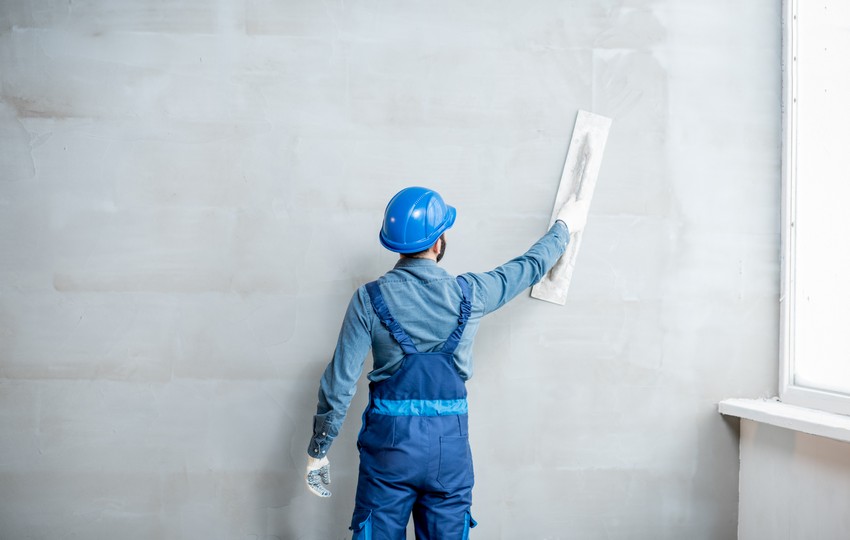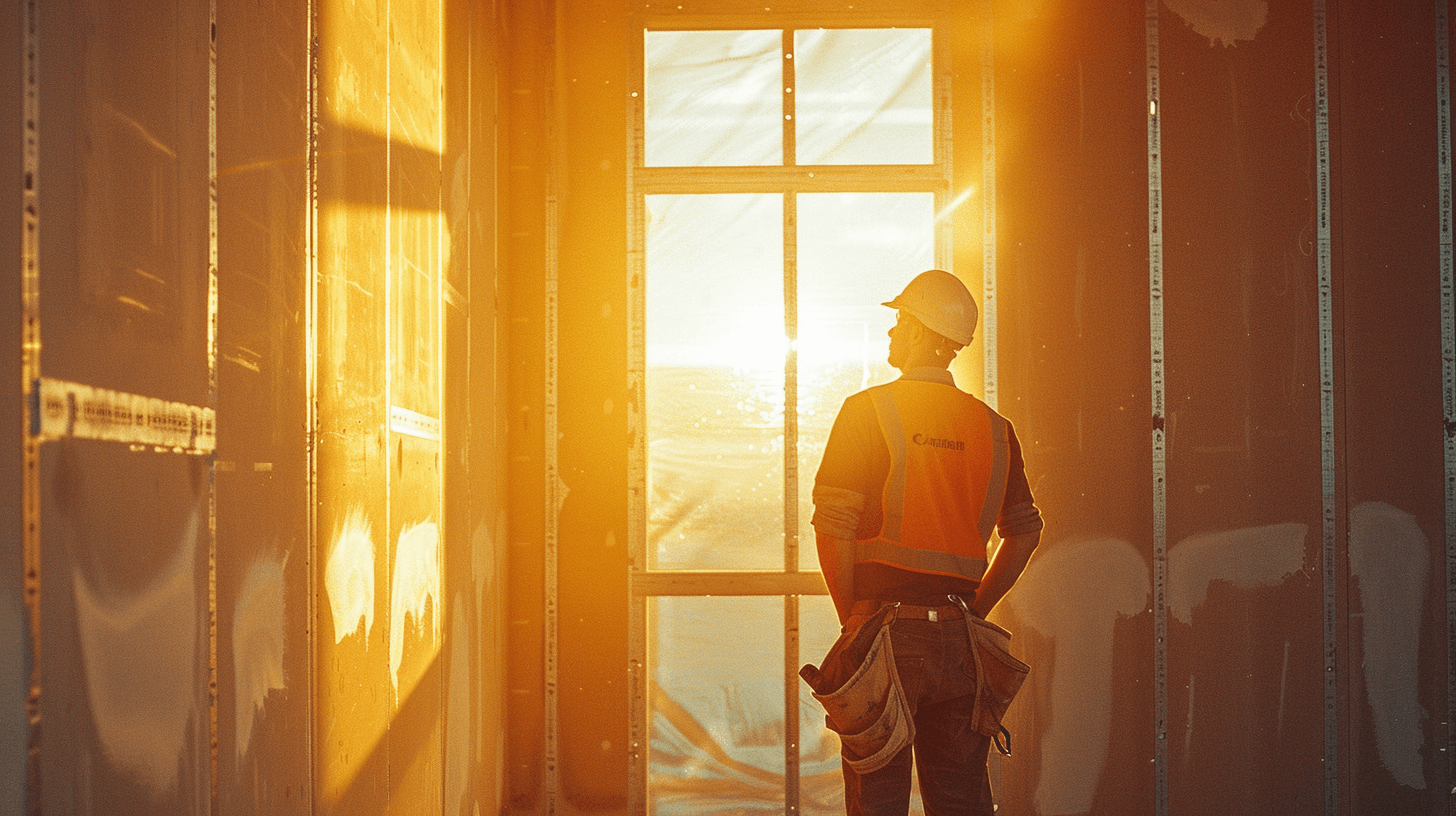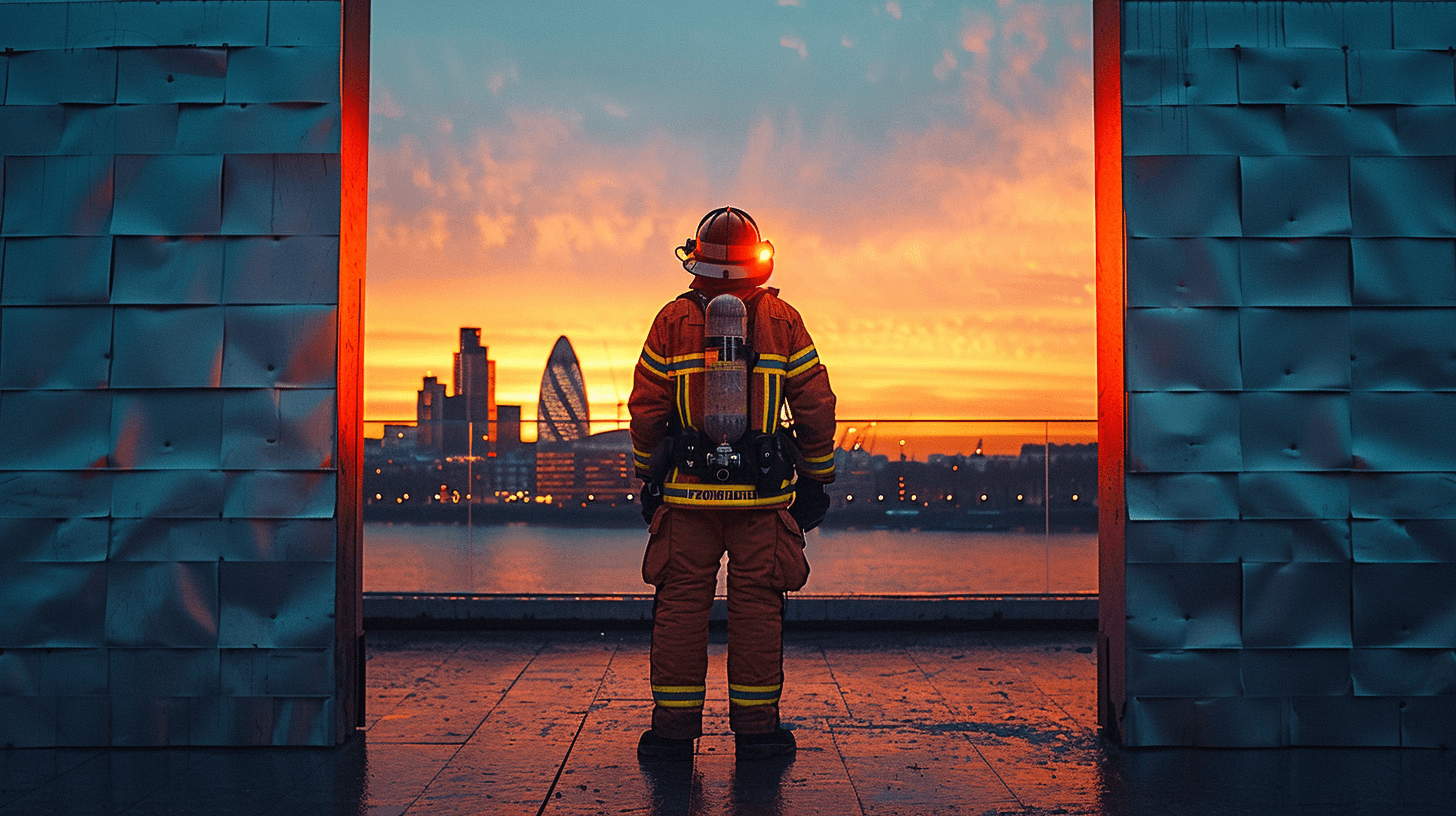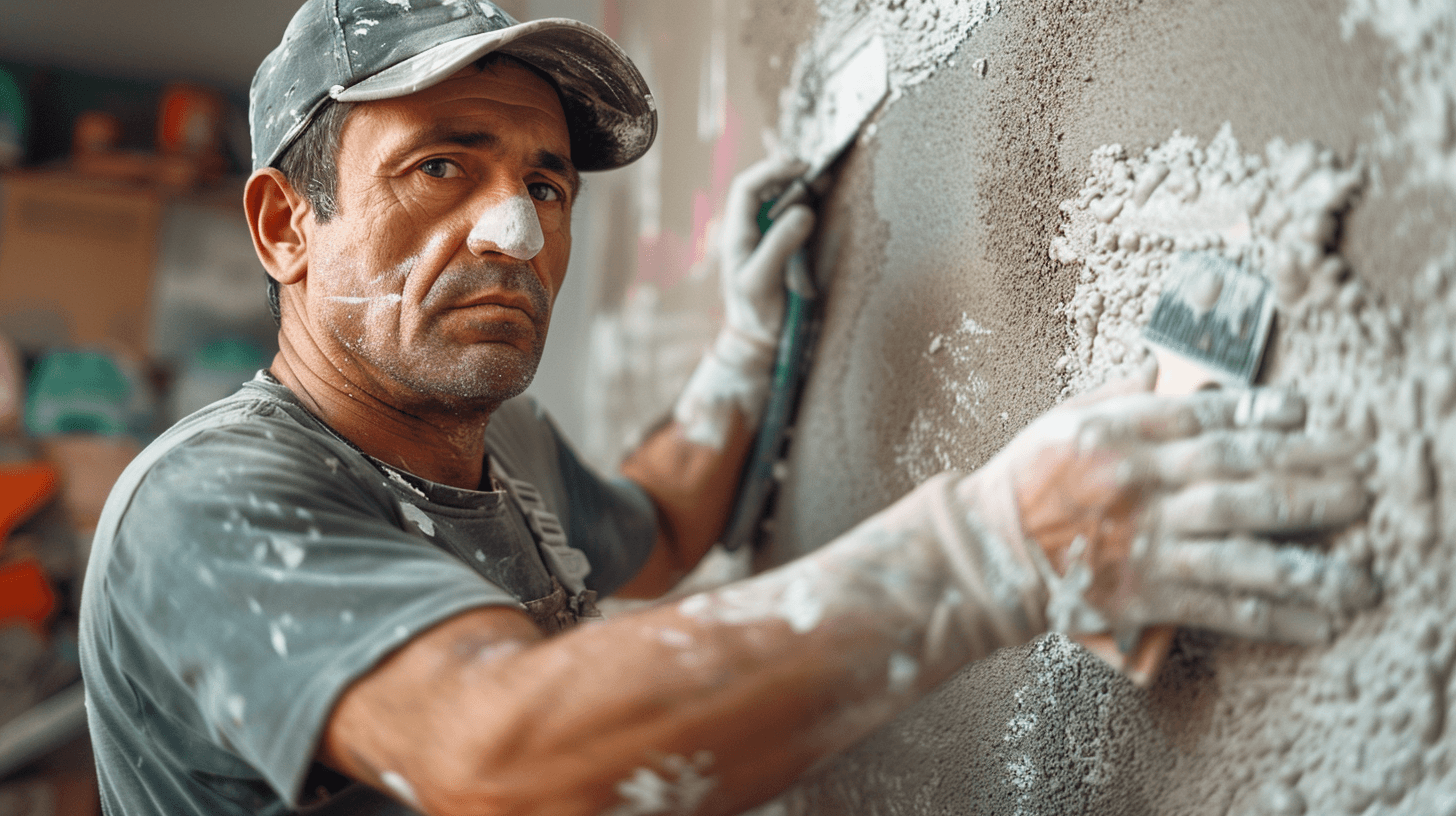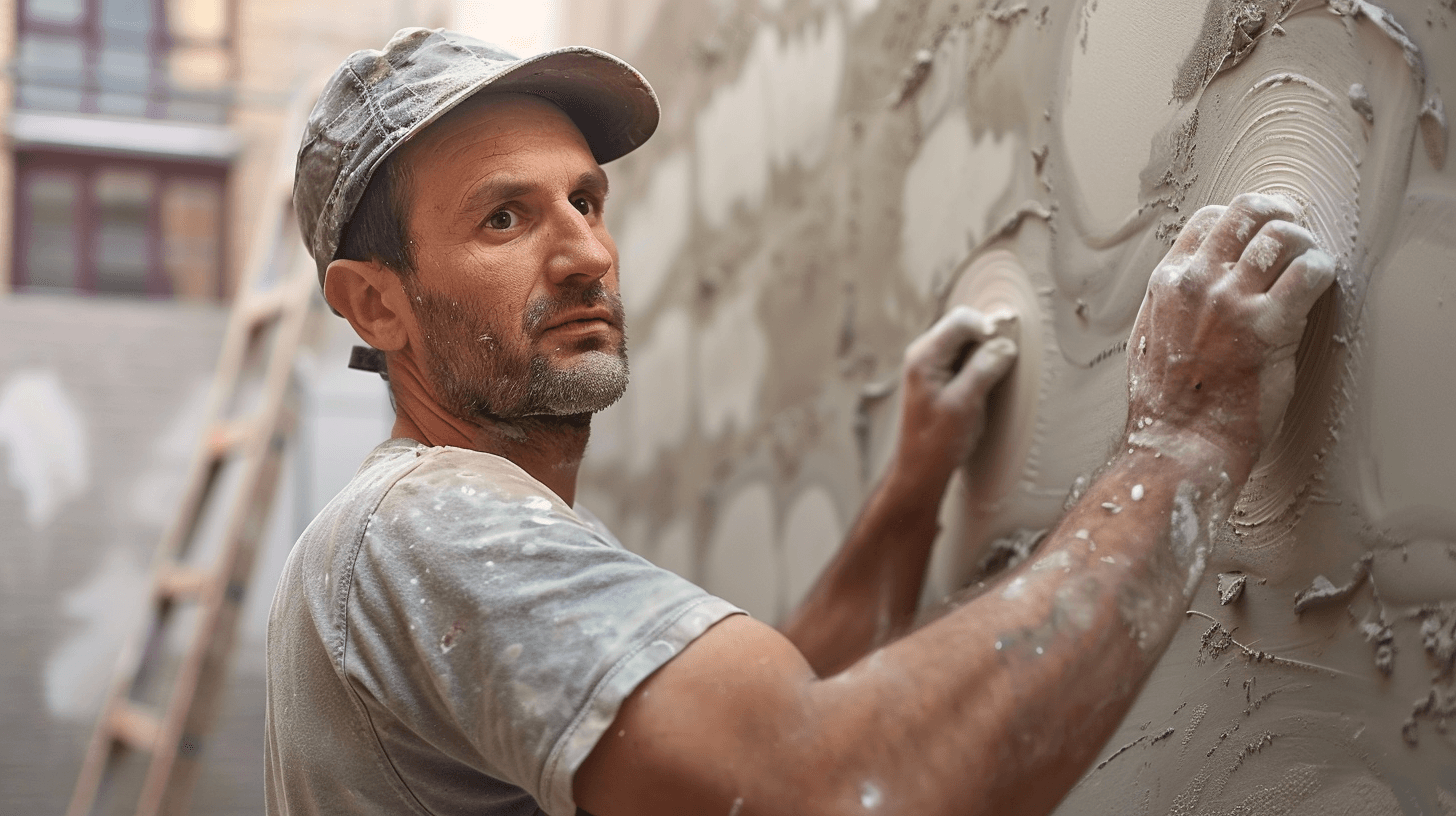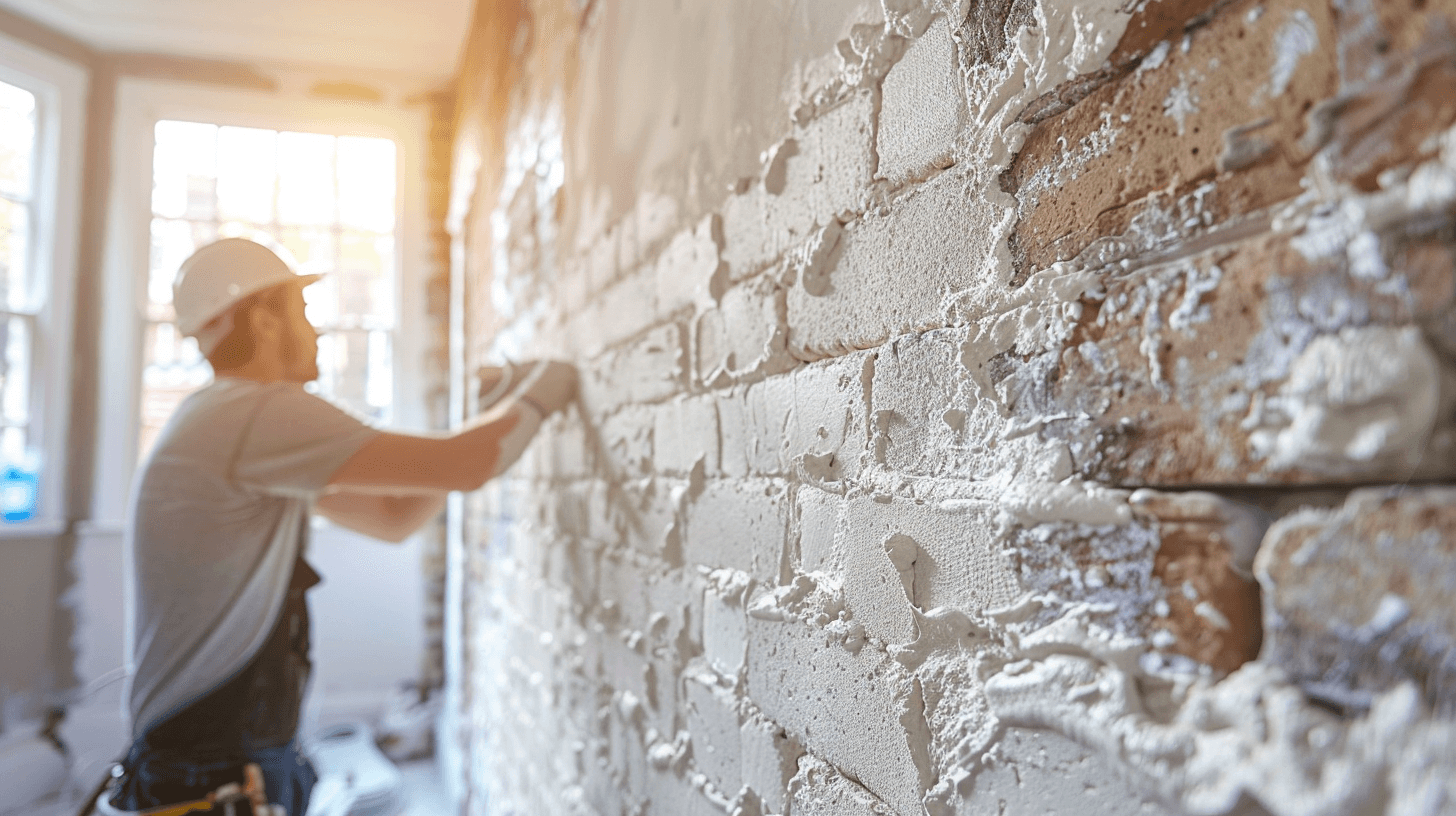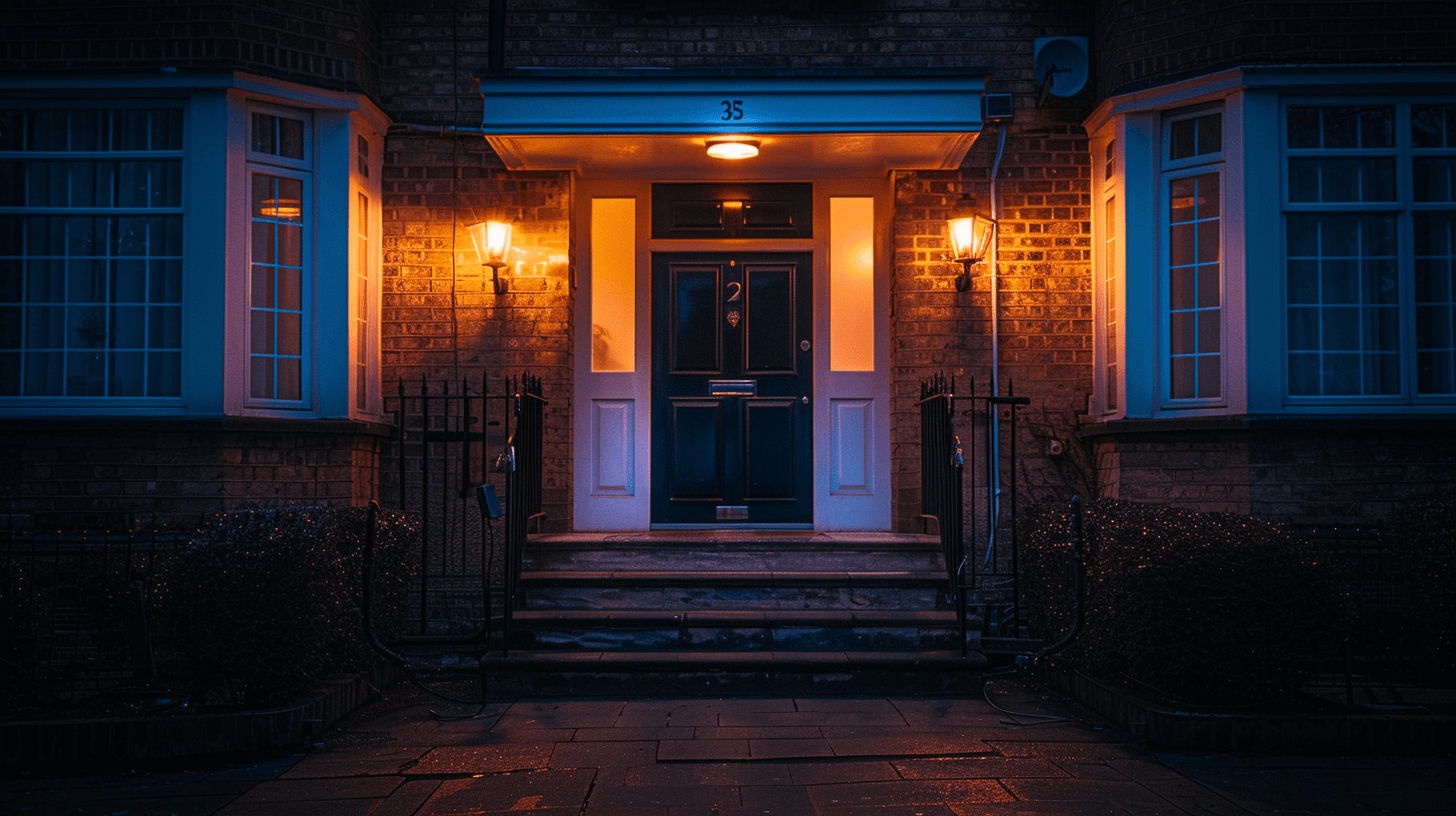Suitability for Property Types
The choice between drywall and plaster often hinges on specific property needs. Drywall is commonly preferred for its quick installation and energy efficiency, making it suitable for new constructions and properties where time and budget constraints are prioritised. Plaster’s robustness and superior soundproofing make it ideal for historic restorations or high-end residences where quality and aesthetic are paramount.
Decision-Making with “All Service 4U”
When deciding between drywall and plaster, “All Service 4U” considers factors such as the property’s age, the client’s budget, acoustic requirements, and desired aesthetic. The company’s expertise guides clients through the decision-making process, ensuring that the chosen material aligns with their long-term objectives for the property.
Historical Evolution of Wall Finishing
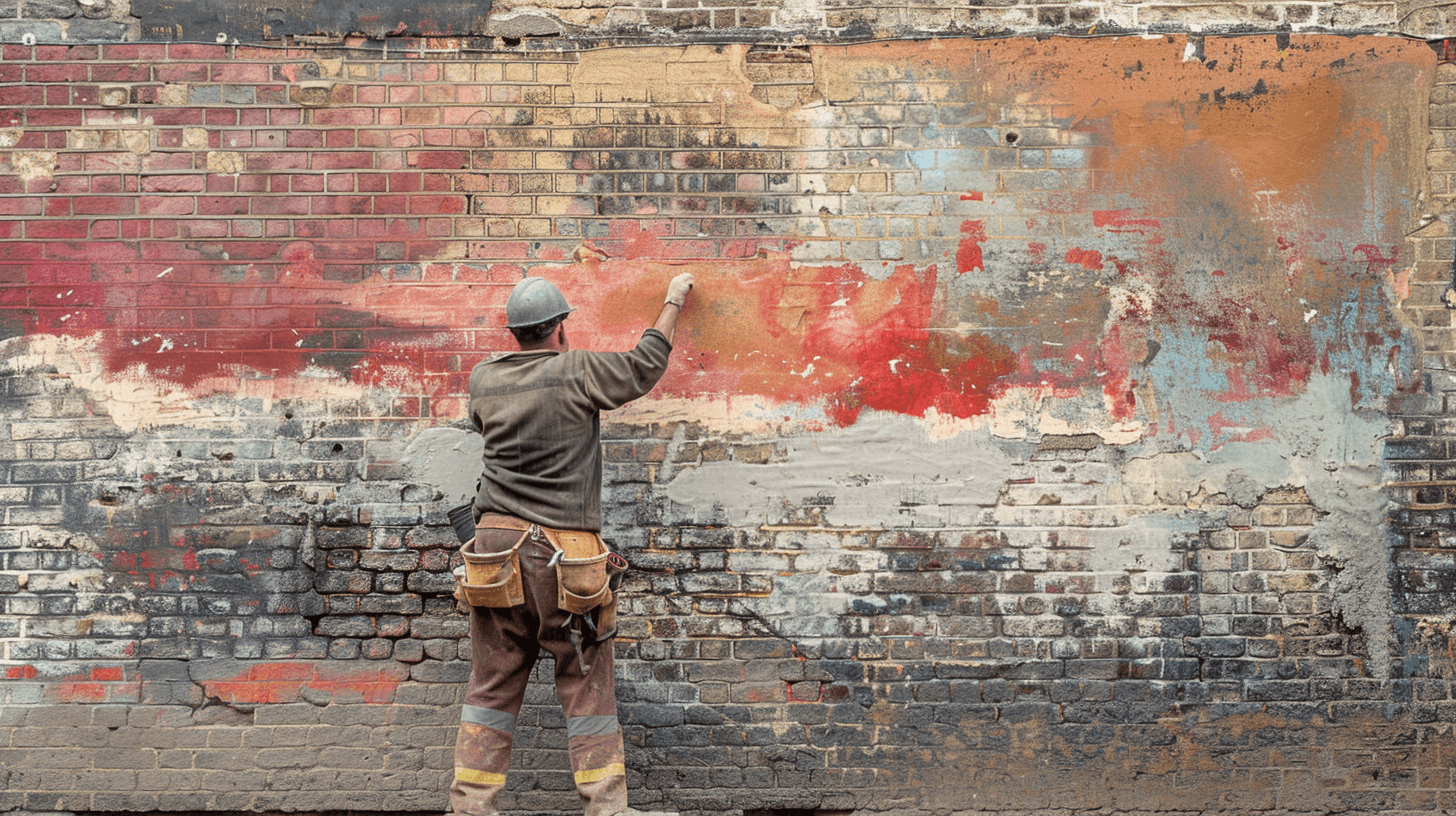
Wall finishing has undergone significant transformations, from the ancient use of plaster to the widespread adoption of drywall in the post-World War II era. Understanding these historical shifts is crucial for property owners considering wall finishing options today.
From Ancient Plaster to Modern Drywall
Originally, plaster was the primary material for wall finishing, with a lineage tracing back to ancient civilizations. It was favoured for its durability and the polished look it could achieve. However, the labour-intensive nature of plastering made it a costly and time-consuming endeavour.
The Rise of Drywall
The development of drywall represented a pivotal moment in construction history. Post-World War II, the demand for quick and cost-effective building methods led to the widespread use of drywall. Its ease of installation and repairability made it a popular choice for rapidly expanding suburban areas.
Informing Current Practices
Today’s wall finishing practices are informed by this rich history. While drywall remains a common choice for its practicality, plaster continues to be valued for its superior finish and soundproofing qualities. The historical context provides insight into why certain materials may be preferred for different types of properties.
Insights from “All Service 4U”
All Service 4U leverages this historical knowledge to guide clients in choosing the right material for their property’s needs. Whether seeking the timeless elegance of plaster or the modern efficiency of drywall, All Service 4U offers expert advice rooted in a deep understanding of the evolution of wall finishing techniques.
Analysing Installation Complexity
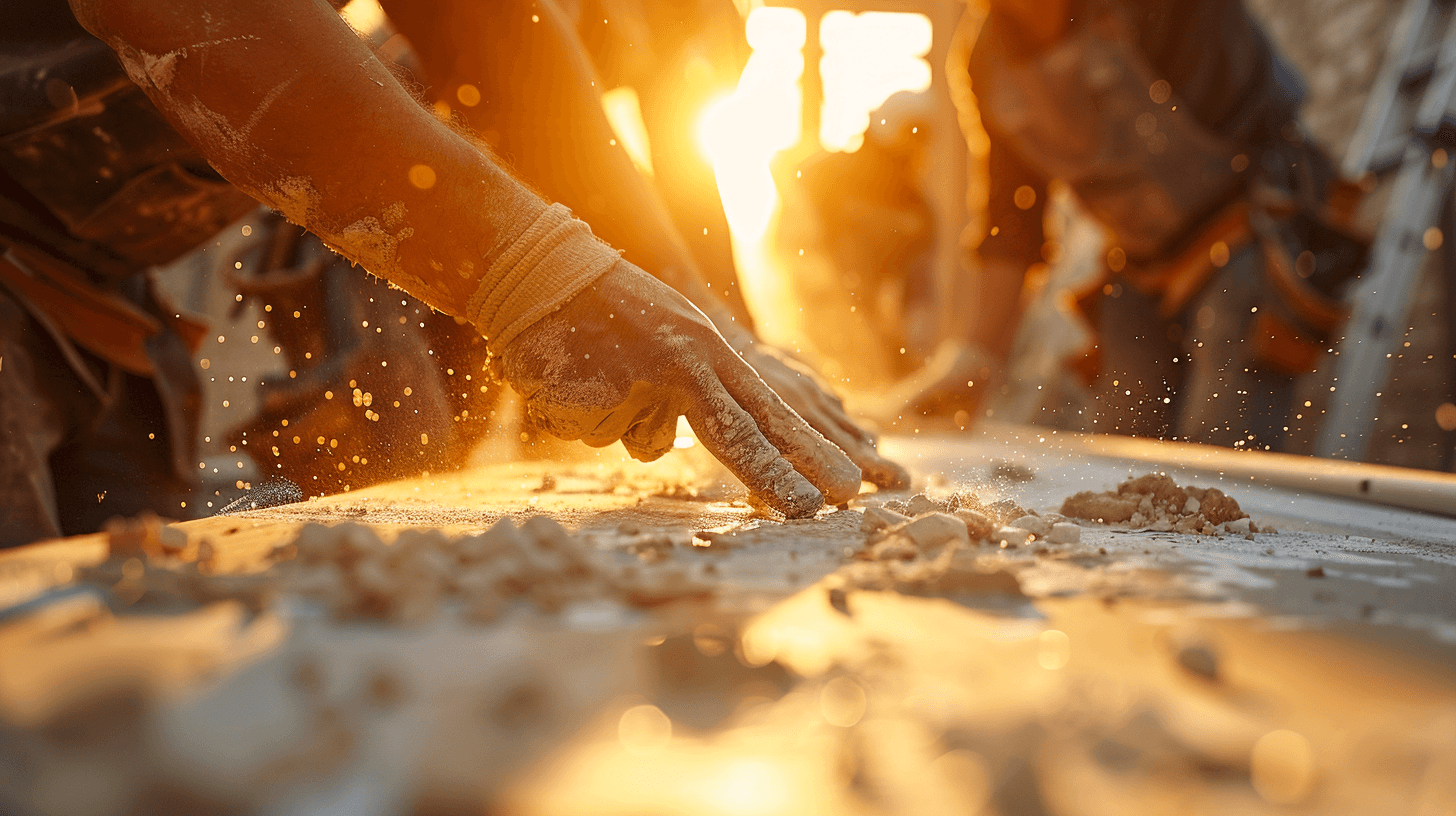
Installation Steps for Plaster and Drywall
The installation of plaster involves applying several coats over a lath base, requiring skilled labour and a significant time investment. Drywall installation, on the other hand, is more straightforward, involving the mounting of gypsum panels to wall studs using nails or screws.
Time Considerations in Project Timelines
Plastering is a time-intensive process, often extending project timelines due to the need for multiple applications and drying times. Drywall installation is comparatively quicker, allowing for faster project completion and occupancy.
Common Pitfalls and Avoidance Strategies
A frequent pitfall in plaster installation is uneven application, which can lead to aesthetic and structural issues. For drywall, improper securing to studs can result in instability. All Service 4U mitigates these risks by employing experienced technicians and adhering to strict quality control measures.
Ensuring Efficient and Correct Installation
All Service 4U ensures efficiency and accuracy in wall finishing by providing comprehensive training to its technicians and using precise tools and techniques. Whether clients choose plaster for its classic appeal or drywall for its practicality, All Service 4U delivers expert installation services tailored to each material’s unique requirements.
Cost Comparison and Budgeting

Material and Labour Costs: Plaster vs. Drywall
When evaluating wall finishing options, the cost is a pivotal factor. Drywall is generally less expensive due to its ease of installation and widespread availability. Plaster, while offering a more polished finish, is labour-intensive and requires skilled artisans, contributing to its higher cost.
Justifying Plaster’s Expense
The cost of plaster is justified by its durability and aesthetic appeal. It can provide a seamless look and is known for its soundproofing capabilities, making it a long-term investment for your property.
Effective Budgeting Strategies
To budget effectively, consider both the upfront costs and the long-term value. Drywall may be more cost-effective initially, but plaster’s longevity could offer savings over time. It’s essential to evaluate the specific needs of your property when deciding.
“All Service 4U” Cost-Effective Wall Finishing Solutions
All Service 4U provides a range of wall finishing solutions to accommodate different budgets. They offer competitive pricing on drywall installation and can advise on cost-saving measures without compromising quality. For those considering plaster, All Service 4U can provide a detailed quote to ensure transparency and help you make an informed decision.
Durability and Maintenance Insights
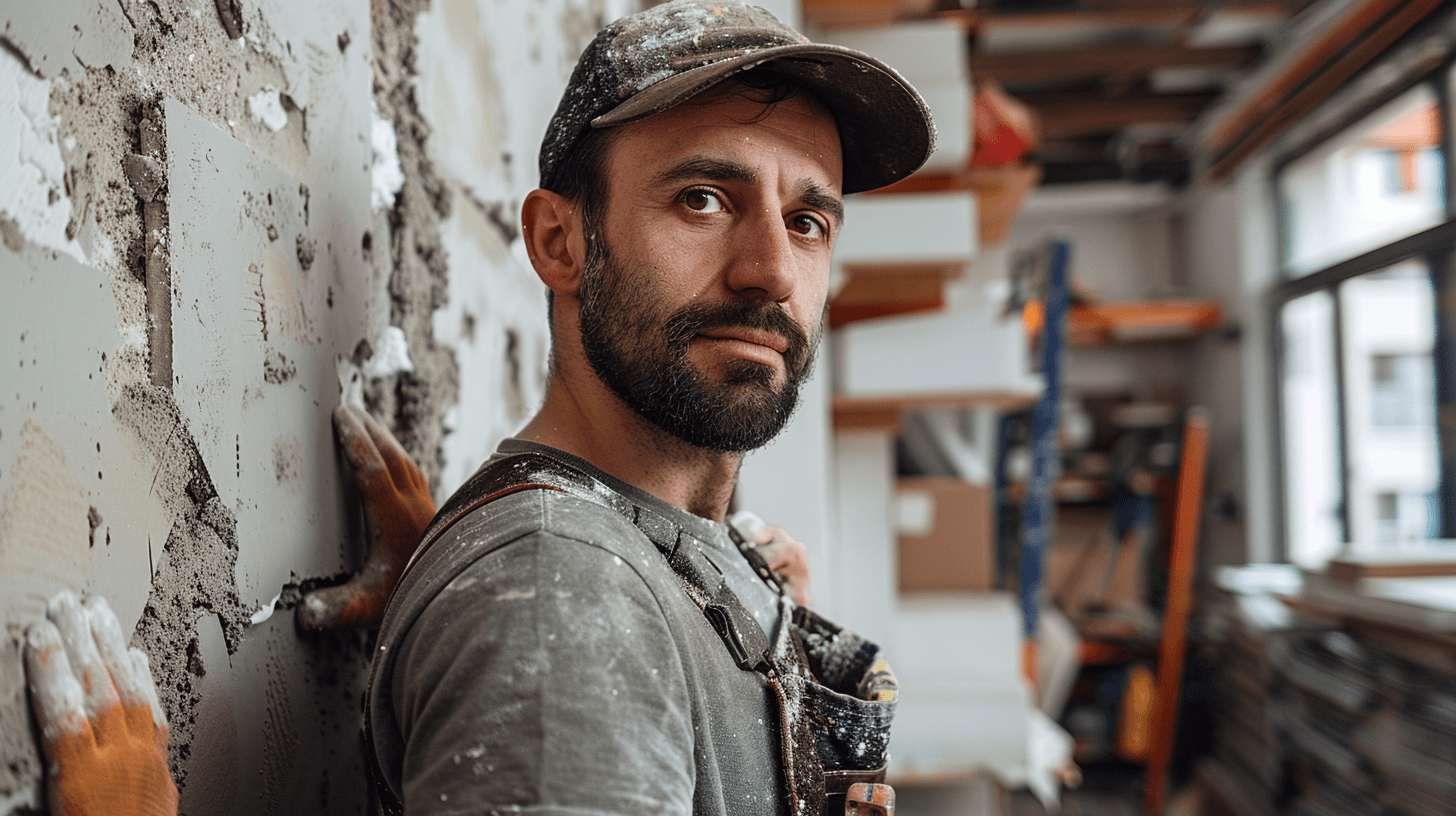
Comparing Longevity: Plaster vs. Drywall
Plaster is renowned for its robustness, often outlasting drywall due to its denser composition. Over time, plaster walls can maintain their integrity without showing signs of wear, whereas drywall may be more prone to dents and holes.
Anticipating Maintenance Needs
Owners should anticipate different maintenance needs for each material. Plaster requires minimal upkeep but can be more challenging to repair if damaged. Drywall, while less durable, offers ease of repair with simple patching techniques.
Frequency of Professional Repairs
Professional repairs for plaster are less frequent but may be necessary for significant damage or to maintain its classic finish. Drywall might require more regular touch-ups due to its susceptibility to impact damage.
“All Service 4U” Maintenance Services
All Service 4U provides comprehensive maintenance services to enhance the longevity of wall finishes. Their offerings include:
- Expert plaster repair to restore walls to their original state
- Drywall patching and finishing to quickly address common damages
- Regular maintenance checks to preemptively identify potential issues
By utilising All Service 4U’s services, property owners can ensure their wall finishes remain in pristine condition, contributing to the overall aesthetic and structural integrity of their properties.
Soundproofing and Insulation Capabilities
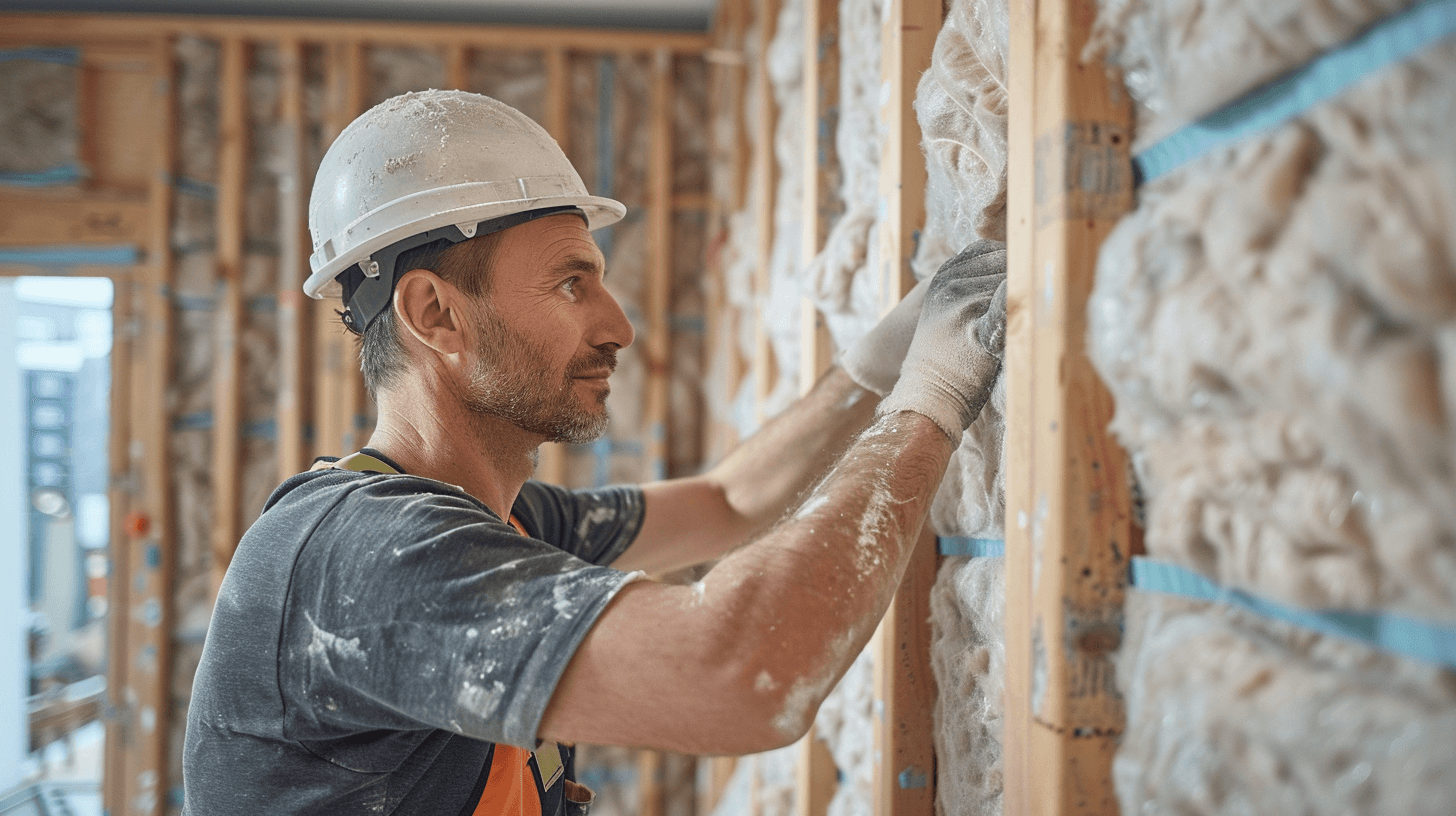
Assessing Soundproofing Qualities
Plaster and drywall offer different levels of soundproofing. Plaster, with its denser composition, naturally provides superior sound dampening. Drywall, while not as inherently soundproof, can be augmented with acoustic plasterboard and fibreglass batts to improve its sound barrier properties.
Enhancing Drywall Insulation
To enhance the insulation properties of drywall, materials such as mineral wool or foam boards can be incorporated. These additions not only improve thermal retention but also contribute to soundproofing, making drywall a versatile option for both residential and commercial properties.
The Importance for Commercial Properties
Soundproofing and insulation are paramount in commercial settings, where privacy and energy efficiency are crucial. Effective sound barriers are essential for confidential meetings and comfortable work environments, while robust insulation contributes to reduced energy costs.
“All Service 4U” Recommendations
All Service 4U recommends a tailored approach to soundproofing and insulation, considering the unique requirements of each property. For optimal soundproofing, they may suggest a combination of plaster for its superior soundproofing qualities and drywall with added insulating materials for a balance of efficiency and performance.
Aesthetic and Functional Considerations
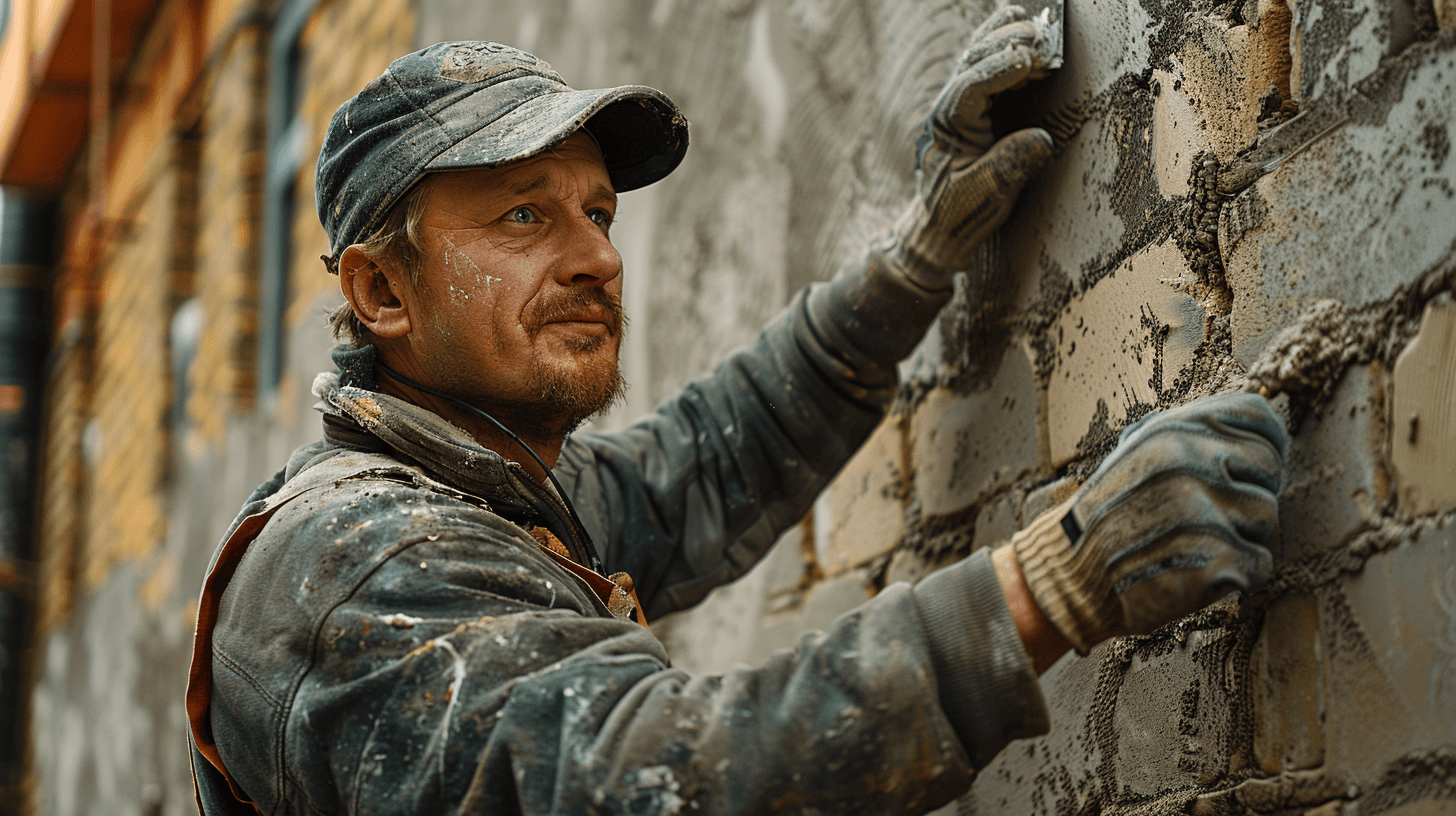
Visual Distinction Between Plaster and Drywall
The choice between plaster and drywall significantly affects the visual and functional aspects of a space. Plaster is known for its smooth, seamless finish, which can be polished to a high sheen, offering a sense of sophistication and depth to interiors. Drywall provides a more textured surface, suitable for a variety of decorative finishes and easier to modify or repair.
Impact on Ambiance and Functionality
- Plaster: Enhances the ambiance with its classic, high-end look; ideal for historic renovations or upscale projects.
- Drywall: Offers a modern and versatile backdrop, suitable for various decorative styles and practical for quick renovations.
Customization Options
Both materials offer customization options:
– Plaster: Can be textured or tinted for unique effects.
– Drywall: Accommodates a wide range of paints, wallpapers, and textures.
“All Service 4U” Tailored Aesthetic Solutions
All Service 4U assists clients in achieving their desired aesthetic by:
– Providing consultations to understand your vision and requirements.
– Recommending finishes that align with the property’s style and the owner’s preferences.
– Ensuring skilled application for a flawless finish, whether you opt for the timeless appeal of plaster or the adaptability of drywall.

